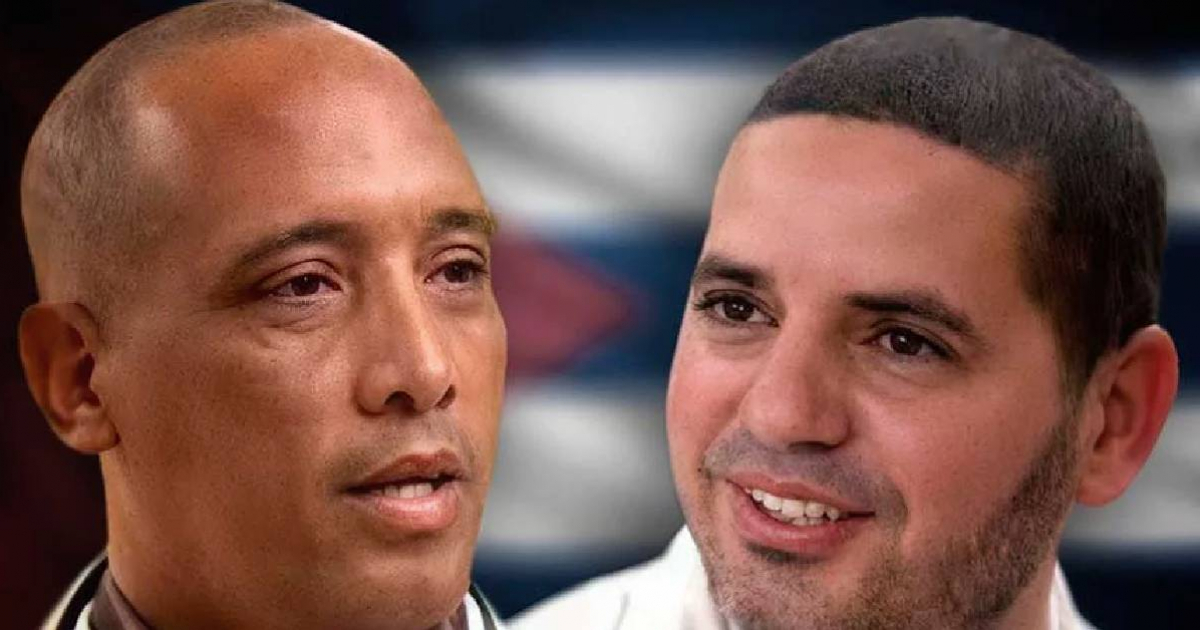
The official newspaper Granma, a spokesperson for the Cuban regime, has once again blamed the United States government for the lack of clarity regarding the situation of the Cuban doctors kidnapped in Somalia.
In a recent article, Granma accuses the U.S. of not offering a clear explanation about what happened to the doctors Assel Herrera and Landy Rodríguez, who were kidnapped by the jihadist group Al Shabab in 2019.
The Cuban regime assures that the U.S. Africa Command (Africom) has avoided giving a satisfactory response regarding the fate of the doctors, increasing Washington's responsibility in this case.
In the quarterly assessment report of civilian casualties, Africom acknowledged a bombing near Jilib, Somalia, on April 15, 2024, but insisted that the attack did not result in civilian casualties, without specifically mentioning the Cuban doctors.
The Minister of Foreign Affairs of Cuba, Bruno Rodríguez Parrilla, expressed on the social network X that he was surprised by the lack of new information about the Cuban doctors.
Rodríguez stated that the Cuban government has been waiting for the results of the official investigations regarding the Africom attacks in Somalia, and considers that they have not received a serious or urgent response from the U.S. authorities.
It is important to highlight that this narrative by the Cuban regime is part of a common strategy to divert attention and blame external factors for internal problems.
While they focus on holding the U.S. accountable, they ignore the lack of transparency and effective management on the part of the Cuban authorities in this case. Since the doctors' kidnapping, the regime's response has been ineffective and marked by disinformation.
The situation of the kidnapped Cuban doctors is a tragedy that deserves serious attention and an international coordinated effort for its resolution. However, the regime's use of this case to attack the U.S. once again reveals its intention to politicize issues rather than seeking real solutions.
It is essential to remember that the presence of Cuban doctors in Somalia and other countries is due to bilateral agreements that, while promoting medical cooperation, have also been criticized for their propagandistic and labor exploitation component.
Cuban doctors sent to conflict zones and adverse conditions deserve effective support and should not be used as pieces of a political narrative.
Instead of providing concrete answers and seeking effective solutions, the government of Miguel Díaz-Canel opts for propaganda and misinformation, leaving the situation of Cuban doctors and their families in painful uncertainty.
What do you think?
COMMENTFiled under: